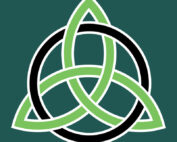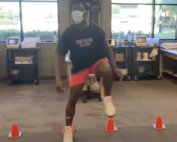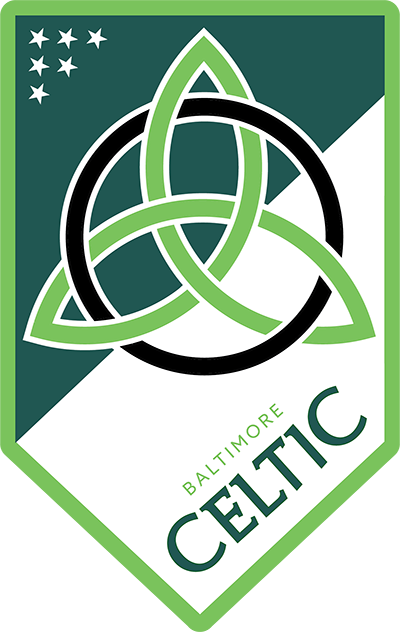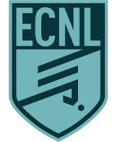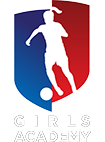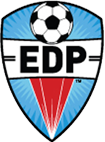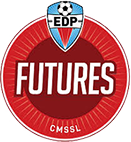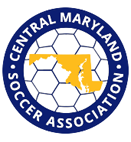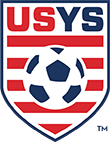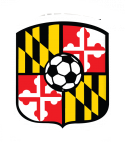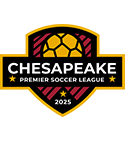Post-Concussion Syndrome
Each year, nearly four million people sustain a concussion. A concussion is an injury to the brain that is caused by a bump, blow or jolt to the head. Concussions can be caused by falls, car accidents and sports activities – or any other situation where the head receives a sudden jolt.
Most concussions don’t involve a loss of consciousness. Signs and symptoms of concussion can show up right after the injury or may not appear or be noticed until days after. Individuals are encouraged to note symptoms that worsen and behaviors that represent a change in the concussed.
If any of the symptoms noted below are present, a physician or trained professional should be consulted:
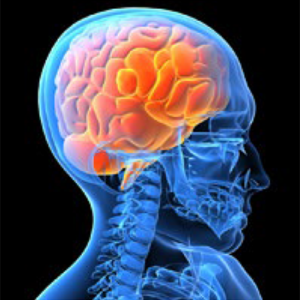
- Appears dazed, stunned or confused
- Complains of headache or loss of consciousness
- Moves clumsily or shows imbalance
- Seizures, dizziness or vertigo
- Answers questions slowly, slurred speech
- Is fatigued, seems forgetful or feels “foggy”
- Cannot recall events prior to or after injury
- Difficulty concentrating/focusing
- Personality changes
- Change in vision or blurry vision after injury
Concussion symptoms typically resolve within 7 to 10 days with active rest and return-to-work/play protocols.
Post-Concussion Syndrome (PCS) follows the occurrence of an injury or trauma to the head. Not all people who suffer mild traumatic head injury experience PCS; however, this syndrome may be worse in people who have had previous concussions or head trauma. Typically, three or more of the above systems are present and have persisted for longer than three weeks.
What can physical therapy do for individuals suffering with PCS?
Vestibular rehabilitation: Mild head injury has been associated with onset of vertigo. The majority of imbalance conditions can be helped through vestibular rehabilitation, a type of physical therapy. The goal of treatment is to minimize dizziness, improve balance and prevent falls by restoring normal function of the vestibular system. Our specially trained team of clinicians will develop an individualized treatment plan that includes exercises to strengthen posture, gait and components of the balance system, such as eyes, ears and legs. Less common forms of vestibular dysfunction may also be present following head injury, including Perilymphatic Fistula or labyrinthine concussion and will include some hearing loss. They require immediate referral to a neurologist or ENT physician.
Visual tracking interventions: Studies have shown a significant decrease in oculomotor function following concussion, including inability to perform rapid eye movements. Physical therapy may improve ability to perform motor tasks while tracking objects with eyes, including balls, defenders and goals for sport-specific tasks.
Balance training: Often, balance is significantly limited in individuals with PCS. Numerous studies have shown the benefit of balance-specific training, particularly for athletes who rely on their stability.
Cervical assessment: Following mild head injury, cervical spine or muscle dysfunction can go undiagnosed, which may contribute to ongoing headaches or dizziness.
For more information on PCS and how LifeBridge Health Physical Therapy can help, or to request an appointment today please contact us at 410-296-0680.
Hot Topics
Recent Posts
A New Chapter: Our Club Rebrand
A New Chapter: Our Club Rebrand A New [...]
ACL Injuries with Kevin Wilk
This injury can be avoided through proper training and conditioning. Kevin Wilk, P.T., DPT, dives into what you need to know about the ACL and how to prevent injury.


